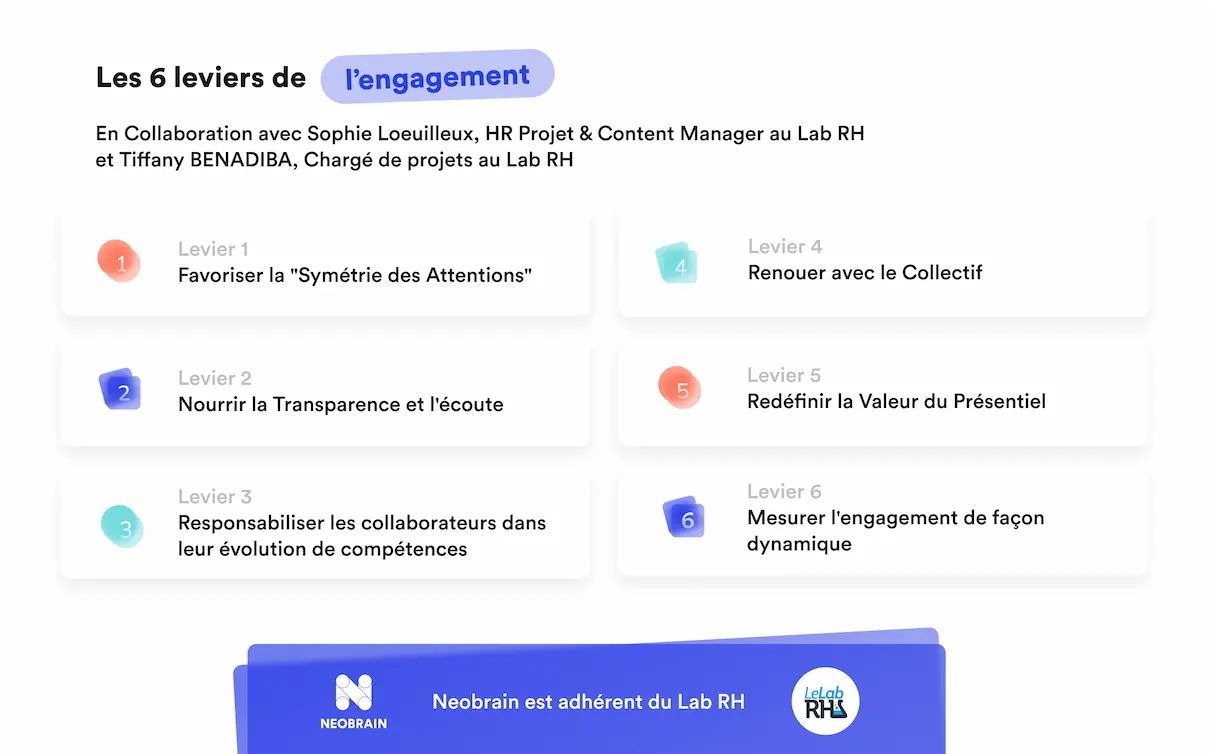An HRIS consists of several software modules dedicated to human resources management. Depending on the size of the company, between 20% and 65% have specific modules for this part of the employee population. How does an HRIS promote the attraction and retention of talent?
An HRIS improves HR performance
HR professionals spend nearly a third of their time performing administrative tasks: personnel management, payroll, training, etc. The HRIS makes it possible to automate a large part of these administrative tasks related to human resources management. These tasks, which are necessary to comply with regulations, do not improve the company’s performance.
Improving the productivity of your HR department will save you a considerable amount of time. These time savings and economies of scale allow you to focus on higher value-added tasks such as managing your company’s talent.
In 2019, a quarter of HR managers spend more than 25% of their time managing talent, a figure that has increased significantly since 2017 (16.7%). By freeing HR teams from the most time-consuming tasks and involving company employees more in the various processes, HRIS will improve the performance of HR activities.
The current context pushes us to think about the profitability of each of the HR activities. We address this subject in our Webinar:“How to do better with less“.
An HRIS to reveal your talents
The more employees a company has, the more difficult it is to have a complete and accurate mapping of skills . However, talent management is essential to support the company’s transformation.
An HRIS tool allows you to collect all the information gathered through hiring files, annual interviews, career points, training requested and/or completed, etc. The software will analyze all this data according to defined and impartial criteria to detect the talents of your company and set up a precise mapping of skills . Employees generally appreciate this totally objective method of analysis, which leaves no room for other, less legible promotion factors.
In large companies, a phenomenal amount of data is dispersed or even lost due to the structural organization. An HRIS tool allows to centralize the information in one place and to obtain a complete and reliable database.
Learn more about talent spotting on our “How to Spot Hidden Talent?” page .
An HRIS to retain your talent
Beyond the productivity gains in administrative management, an HRIS is essential in the management of employees’ careers (annual interviews, training, mobility wishes, compensation, etc.).
Offering a unique work experience to its employees has therefore become essential to retain and attract talent.
According to a study conducted on 80 HRDs with the HR LAB, here are the 6 levers of engagement:

Other studies, including those by Cairn, show the importance of career development (71% of respondents in the study) and sharing knowledge with colleagues (53%)
What aspects should an HRIS have in place to achieve engaging talent management?
An HRIS must bring together 2 dimensions to truly engage its users:
- Consolidate the organization's development opportunities, presented in a transparent manner.
- Demonstrate knowledge of employees by presenting recommendations based on their specific profiles
Is talent retention an important topic for you? We dedicate a complete section to it“The keys to talent retention“.
An HRIS to accelerate internal mobility within the company
Some HRIS have been developed as a real tool for internal mobility. The intranets for posting job offers, on which employees can view available positions, have been replaced by modules for selecting positions or missions according to the skills and skills of each individual.
Built as a collaborative platform, some HRIS allow employees to become actors in their own career paths. Employees, who are looking for internal mobility, are responsible for creating their own profile and updating their skills and professional qualities developed or to be developed, their training needs and their development wishes.
An ergonomic and easy to use software will encourage the commitment of employees.
Talent management software is a solution designed to support companies as they grow and assist them in their talent retention strategies. Once a company reaches a critical size, the use of an HRIS quickly becomes essential to match the skills and the wishes of your employees with the strategic needs of your company.







